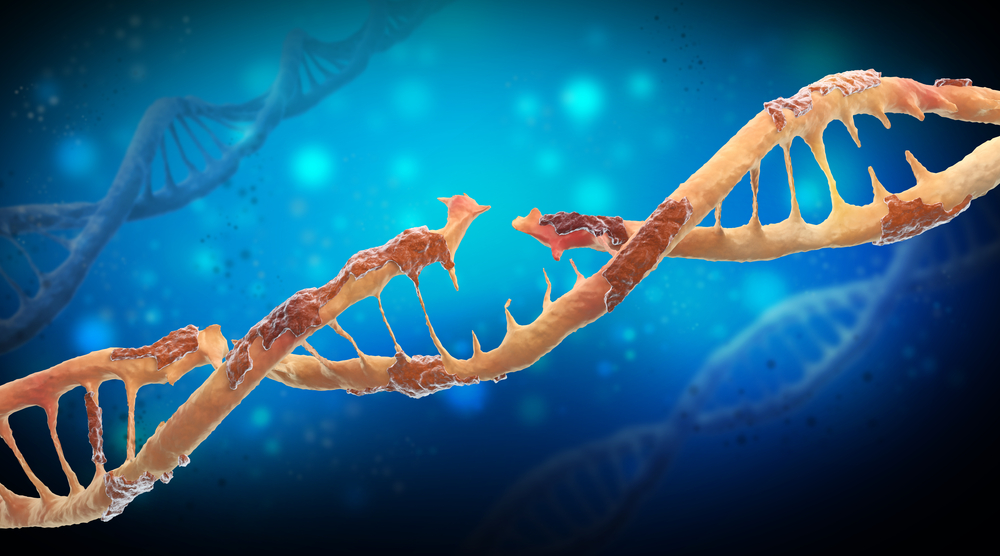Gene Therapy for Friedreich’s Ataxia Designated an Orphan Drug by FDA

The U.S. Food and Drug Administration (FDA) has designated AGIL-FA, a gene therapy from Agilis Biotherapeutics intended as a potential treatment of Friedreich’s ataxia (FA), an Orphan Drug, a designation that speeds its development and testing.
“Having the first gene therapy product candidate to receive orphan drug designation from the FDA for the treatment of FA is an honor,” Mark Pykett, president and CEO of Agilis, said in a press release. “The orphan designation is another step on our path to bringing this important new therapy to patients who currently lack treatment options.”
AGIL-FA is a gene construct developed in partnership with Intrexon and using that company’s UltraVector platform to restore lost function in the frataxin (FXN) gene. The gene therapy is delivered into the central nervous system (CNS) using adeno-associated virus technology for precise administration of therapeutic DNA into key targets, with the intent of enabling a safe and effective long-term expression of the frataxin protein.
Agilis said in the release that it has worked closely with the Friedreich’s Ataxia Research Alliance (FARA) in developing its gene therapy program, to keep it focused on patient needs. “FARA is delighted to continue our support of Agilis and their innovative approach to the treatment of FA,” said Jennifer Farmer, executive director of FARA. “We look forward to continuing our partnership to advance this important potential therapy, as well as supporting research to identify biomarkers and clinical outcome measures, which will advance the development of the product candidate into clinical trials.”
The company’s line of DNA therapeutics combine proprietary gene construct technologies, optimized gene delivery vectors, and proprietary techniques to develop potent, targeted, and safe gene therapies intended for long-term use.
The new FDA designation is the fourth such designation that Agilis has received in Europe and the U.S. this year for its gene therapies.
“We are extremely pleased to receive this landmark designation, as we move our FA development program forward,” said Christopher Silber, MD, Agilis’ chief medical officer. “With each of our IND and clinical stage pipeline candidates having now received Orphan Designation, this achievement highlights our efforts to advance innovative therapeutics for patients with rare genetic diseases affecting the CNS.”
The FDA’s Orphan Drug Designation is given to new biologics or drugs aiming to treat conditions that affect less than 200,000 patients. The benefits of the designation include tax credits for clinical research costs, a seven-year period of marketing exclusivity if the treatment is approved, and waived or reduced application fees. The designation does not change the normal regulatory requirements for marketing approval.






